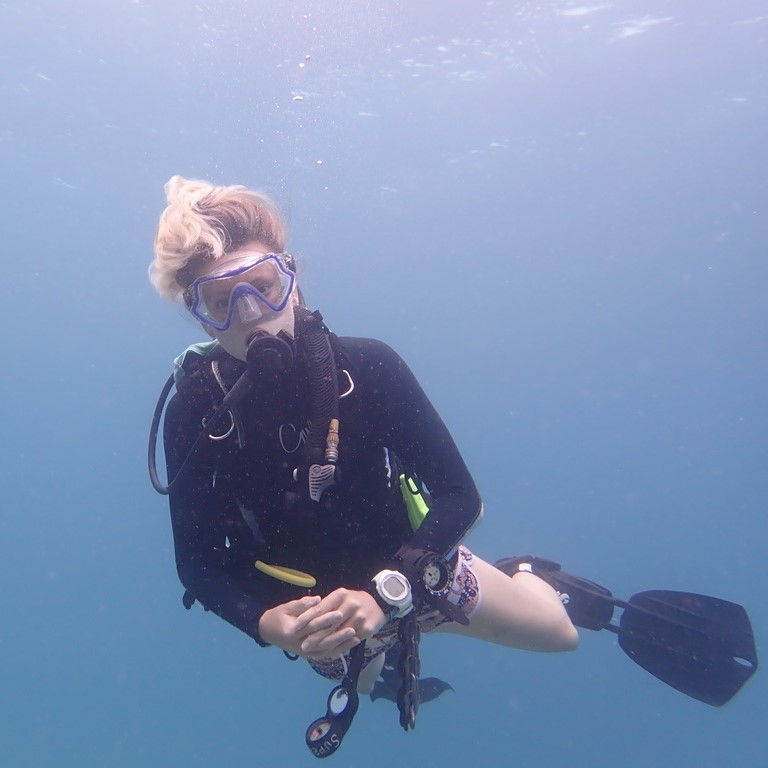Bioeconomic Modelling of the Biodiversity and Societal Benefits of Restricted Access Areas
 Various zones in marine parks can provide biodiversity and societal benefits. Restricted access areas around oil and gas infrastructure have the potential to also contribute to biodiversity and societal benefits. To understand the potential benefits of restricted access areas, we need to understand how marine users values interact with marine ecosystem processes. These interactions can be complex and the results non-intuitive making marine management decisions challenging. My project aims to provide bio-economic models to understand the potential biodiversity and societal benefits of restricted access areas using agent-based and economic utility models.
Various zones in marine parks can provide biodiversity and societal benefits. Restricted access areas around oil and gas infrastructure have the potential to also contribute to biodiversity and societal benefits. To understand the potential benefits of restricted access areas, we need to understand how marine users values interact with marine ecosystem processes. These interactions can be complex and the results non-intuitive making marine management decisions challenging. My project aims to provide bio-economic models to understand the potential biodiversity and societal benefits of restricted access areas using agent-based and economic utility models.
About me
In 2018, I graduated with an undergraduate Master of Science with a first class honours in zoology from the University of Glasgow, Scotland. Throughout my university career I was involved with several marine research projects involving marine parks (MPs). This highlighted the merit of successful MPs and the complexities and challenges of their management. This led me to pursue a PhD that would lead towards developing tools to inform robust marine management decisions, to effectively fulfill conservation objectives and enhance societal benefits. On finding this project at UWA aimed at investigating the biodiversity and societal benefits of restricted access areas, I moved to Perth in 2019. In the future, I would like to use the skills and knowledge I will gain from this project to enhance protected area design and management in both marine and terrestrial settings to improve the biodiversity and socio-economic benefits of protected areas.
Supervisors
Dr. Tim Langlois, Simon de Lestang
Contact
Indian Ocean Marine Research Centre
School of Biological Sciences (M470)
35 Stirling Highway, Crawley WA 6009
nicole.hamre@research.uwa.edu.au
